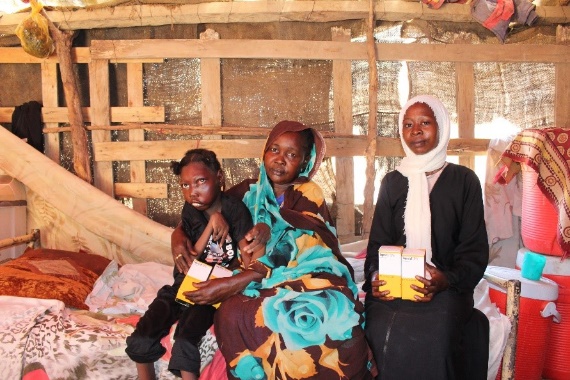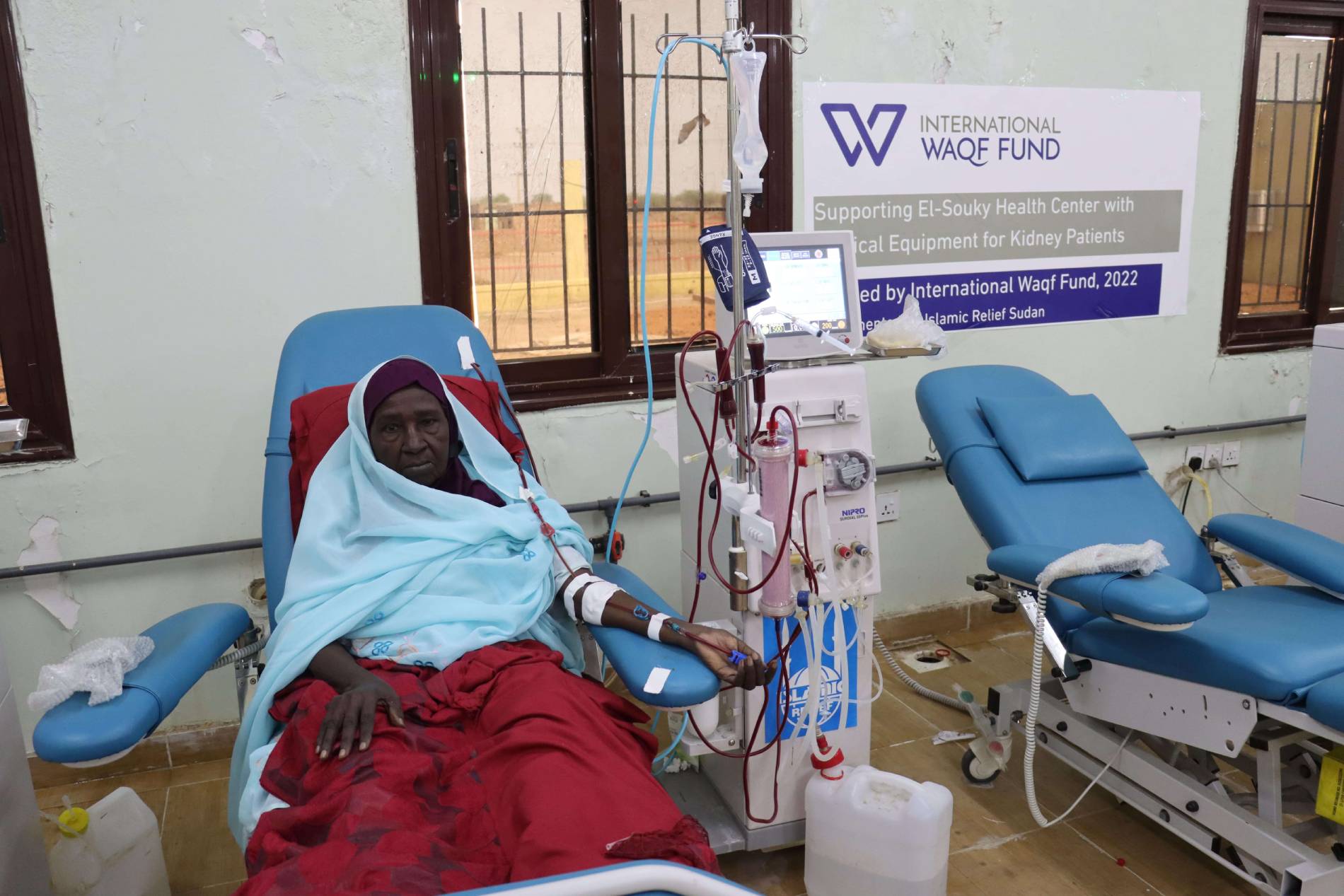2022 saw Islamic Relief’s multi-year Strengthening Response Capacity and Institutional Development for Excellence (STRIDE) project expand its work into new locations. The multi-million-pound landmark project aims to strengthen the capacity of local and national responders, governments and communities through training and funding.
Building on the success of STRIDE phase 1, STRIDE phase 2 has so far seen Islamic Relief collaborate with humanitarians across Africa, Asia, and the Middle East. In 18 territories where we already have a presence, STRIDE helped Islamic Relief work more closely with local partners. We ran workshops for staff to develop country-specific guidelines for building and managing effective and equitable partnerships. We also provided grants that funded the creation of emergency response plans, and equipped local organisations with the skills and expertise needed to support communities in times of crisis.

Islamic Relief Sri Lanka holds a consultation workshop with local partners to plan activities to build their capacity.
Through STRIDE, Islamic Relief is also identifying countries vulnerable to disasters where we do not have a presence, andworking to develop long-term partnerships with local actors, providing them with technical and financial support. This capacity building empowers local organisations to be in a position to play a more prominent role in emergency responses and to rely less on international aid.
Islamic Relief’s commitment to localisation was further cemented in 2022 by the formal acceptance of our application to join the Grand Bargain 2.0. This is an agreement between governments, UN agencies, some of the largest humanitarian donors, and other humanitarian actors to work together to improve the effectiveness, efficiency and accountability of humanitarian action.



